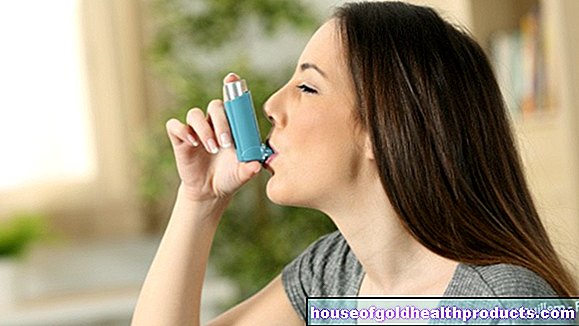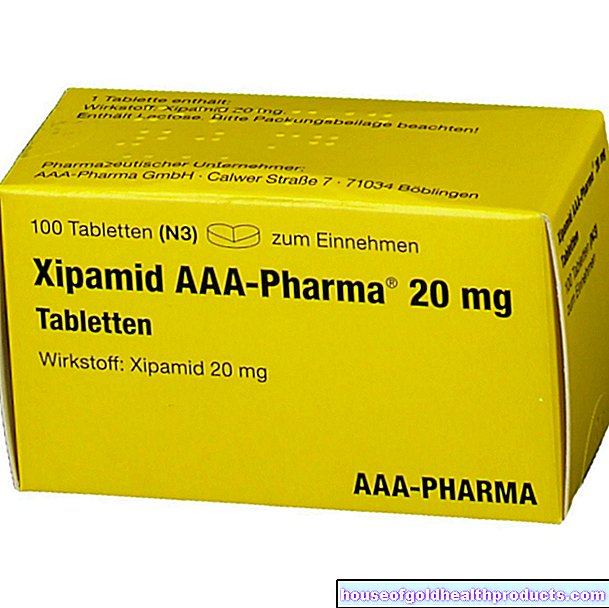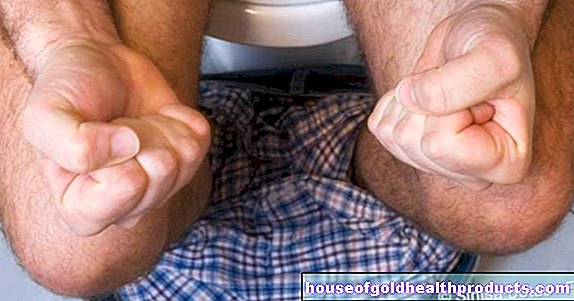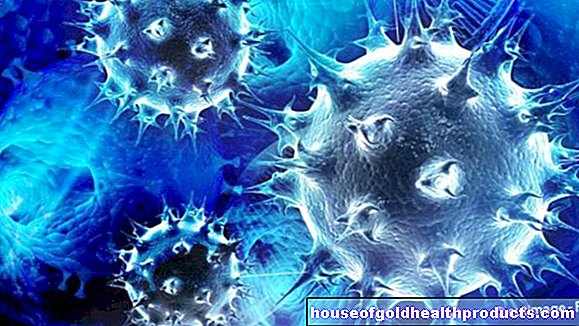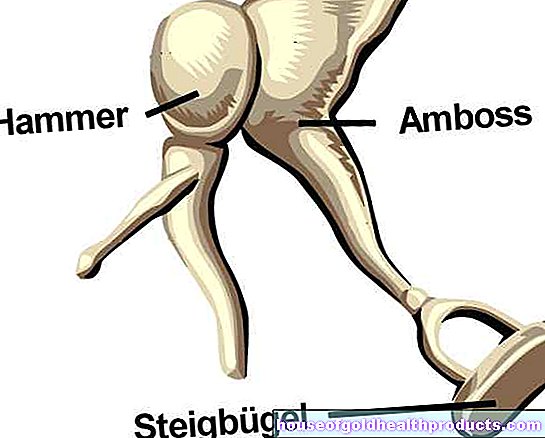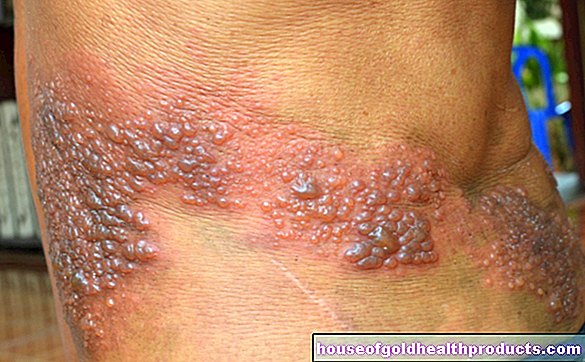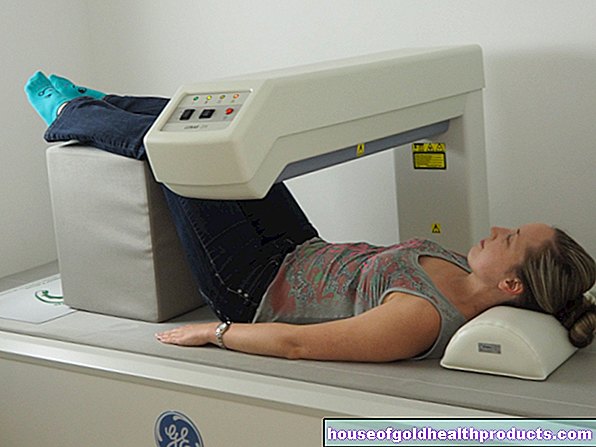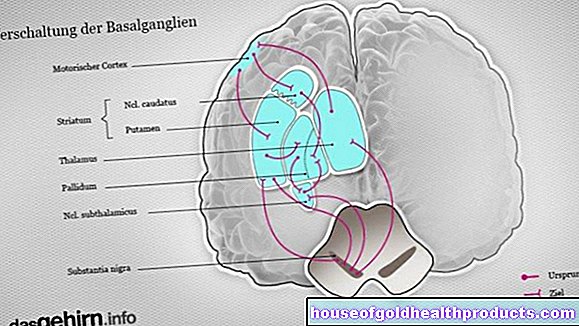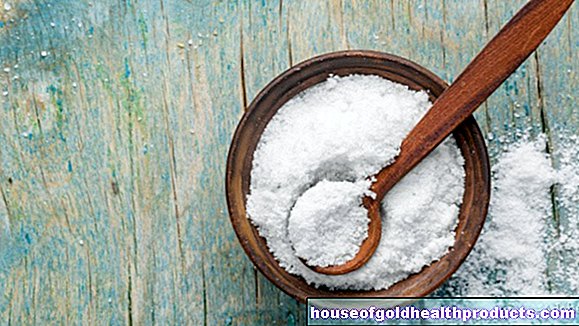Coffee protects the liver
All content is checked by medical journalists.MunichAnyone who likes to drink an extra cup of coffee is doing something good for their liver: People who consume at least three cups a day are less likely to have elevated liver values. The caffeine content does not seem to play a role: Those who prefer decaffeinated coffee will also benefit.
Researchers led by Qian Xiao from the National Cancer Institute in Maryland have evaluated the data from almost 30,000 participants. The participants were not only asked about their eating habits, other health-related data were also recorded - including the so-called liver values. This is the concentration of various enzymes that increase in the blood when liver cells perish. These include the four enzymes GPT (or ALT), ALP, GOT (or AST) and GGT.
Three cups of coffee a day
Participants who consumed at least three cups of coffee a day were 20 to 30 percent less likely to have high liver values than participants who did not drink coffee. This also applied to men and women who preferred decaffeinated coffee. However, their number was not high enough to provide statistically reliable values. Nevertheless, this suggests that it is not the caffeine but other ingredients in the bean drink that protect the liver. Further investigations will have to show which these could be. It is also conceivable that there is no direct connection at all, but that the phenomenon is based on a previously unknown common denominator.
Five million people with liver disease
The German Liver Foundation estimates that around five million people in Germany have a sick liver. In addition to alcohol and medication, especially certain painkillers, obesity is the main burden on the detoxification organ. The damage often goes unnoticed for a long time - because the liver only causes symptoms at an advanced stage of deterioration. (cf)
Source: Qian Xia et al .: Inverse associations of total and decaffeinated coffee with liver enzyme levels in National Health and Nutrition Examination Survey 1999-2010, Hepatology, December 2014, DOI: 10.1002 / hep.27367
Tags: magazine gpp parasites




